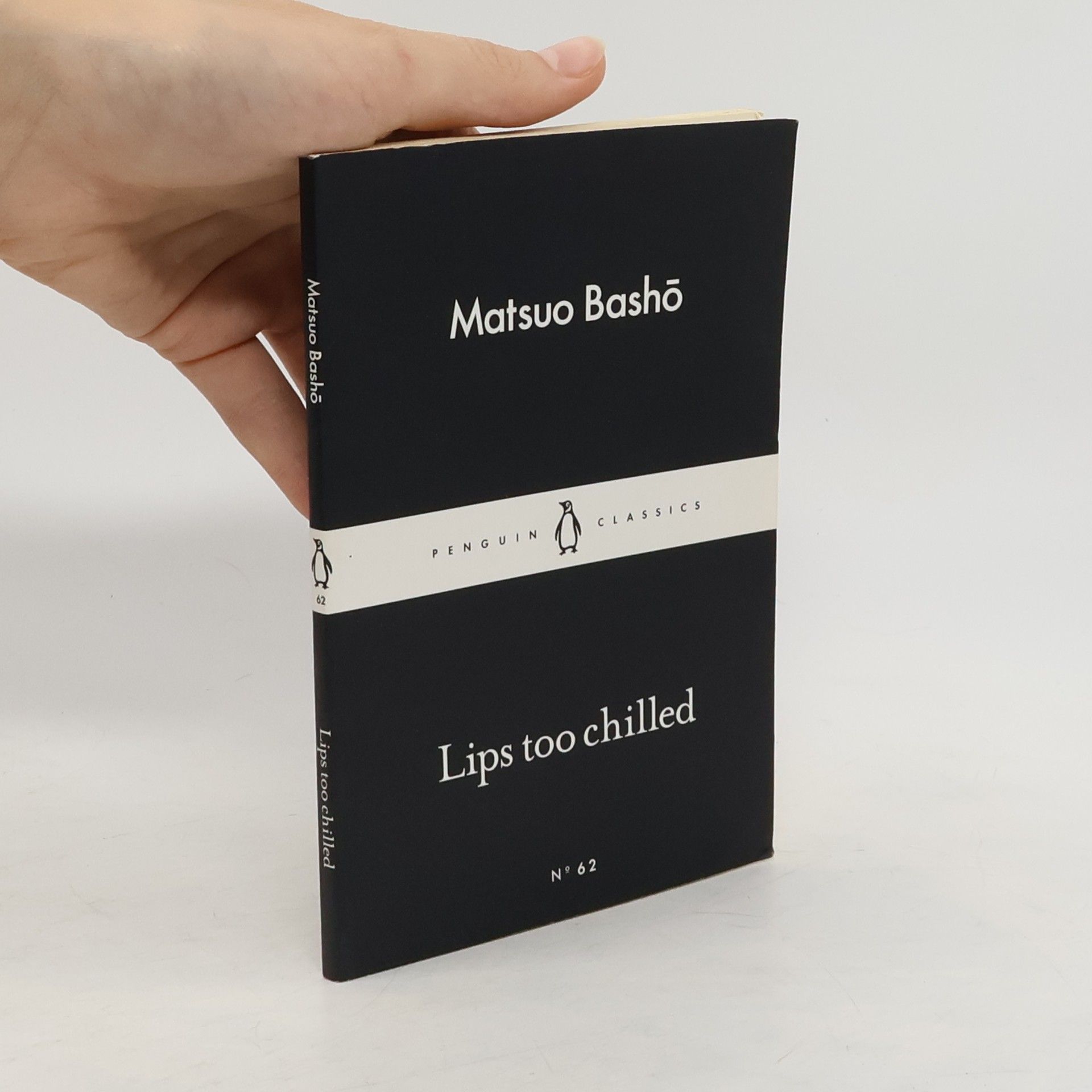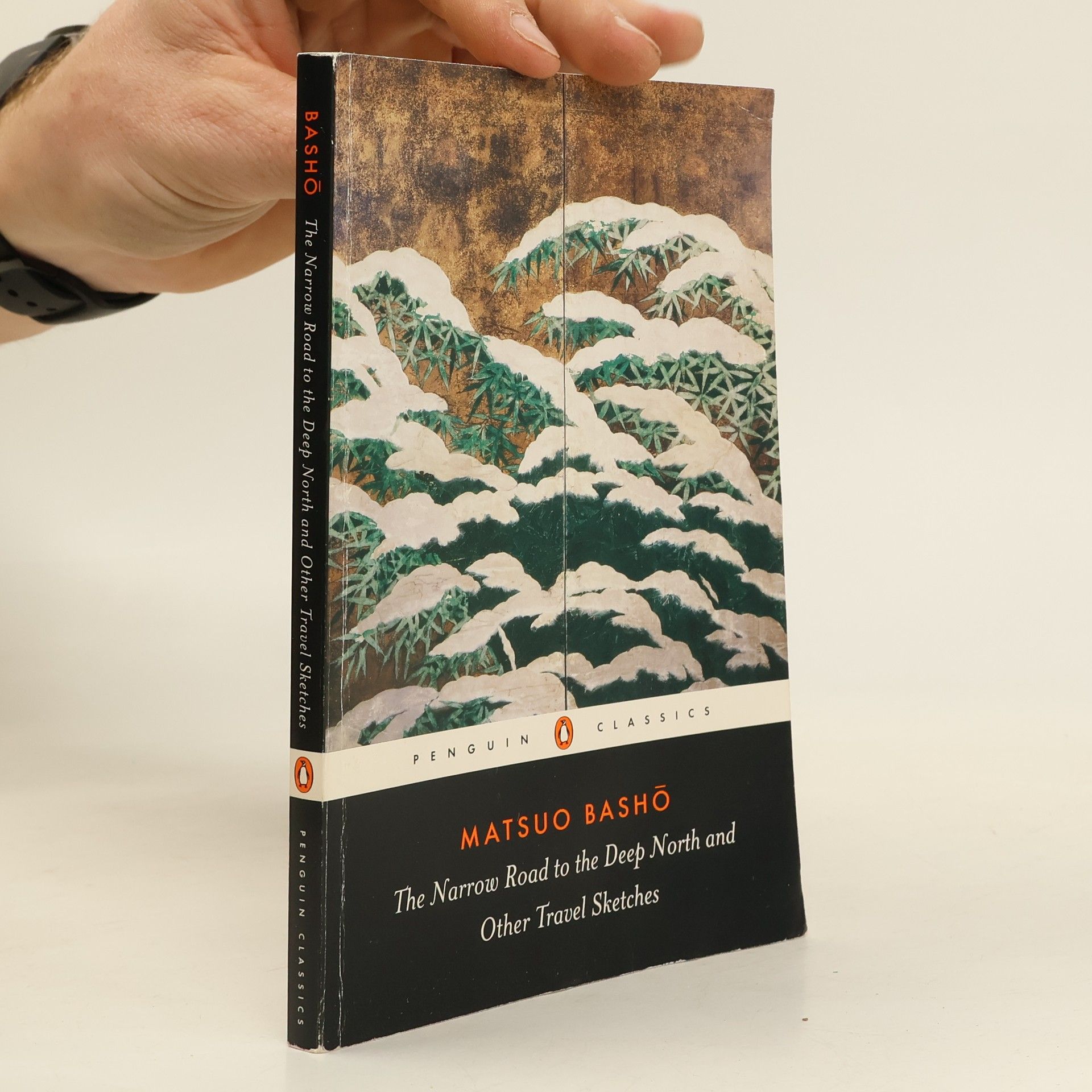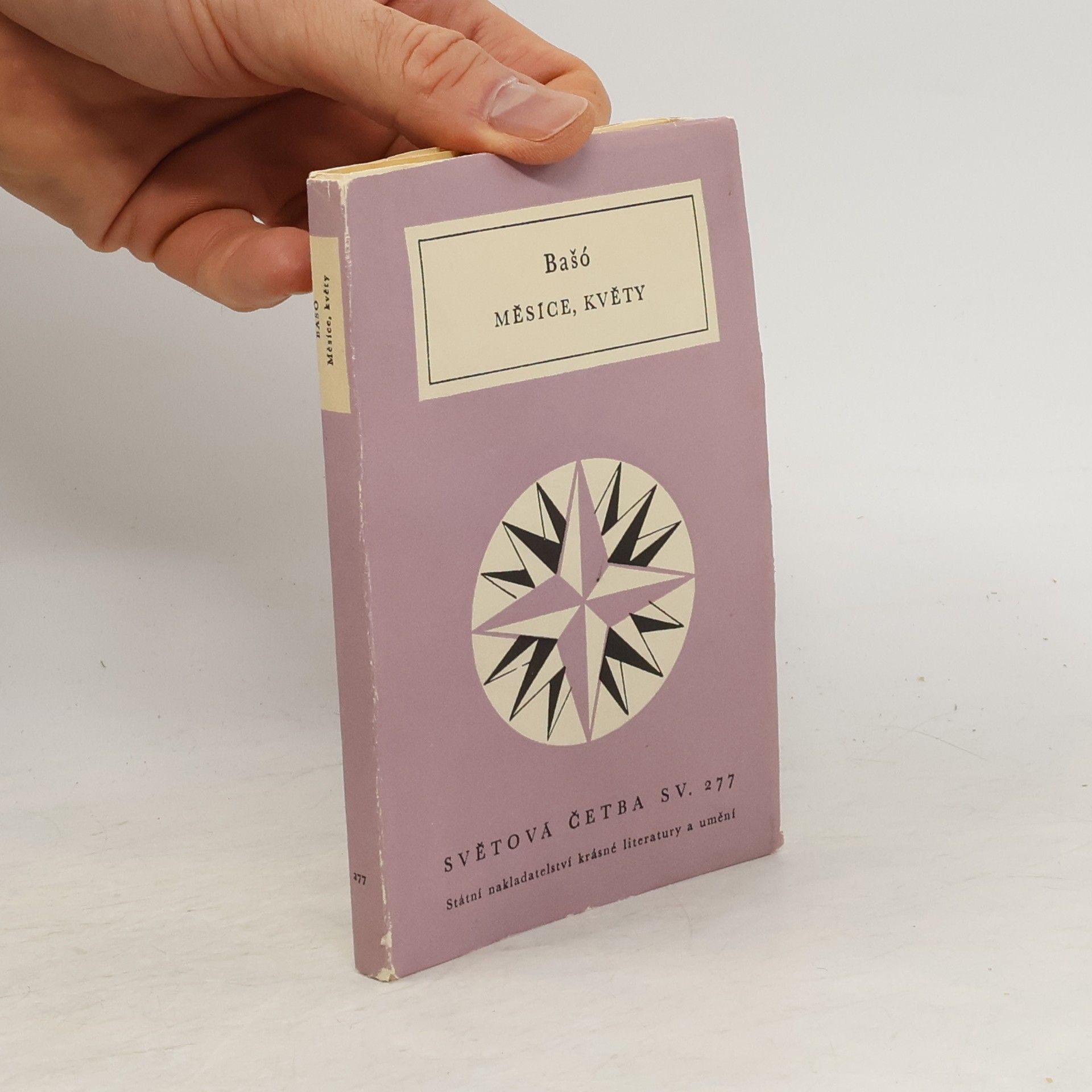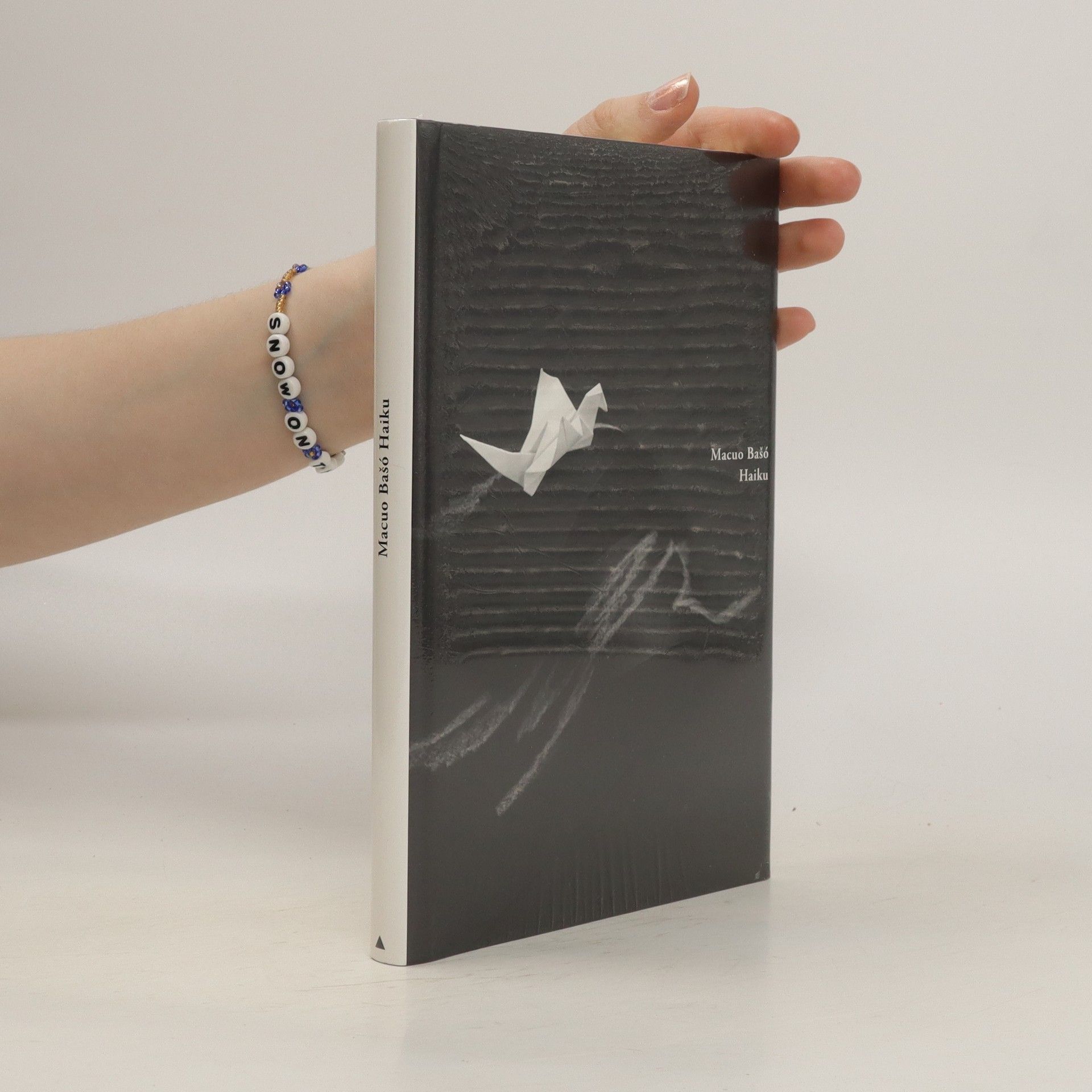Travel Writings
- 304 páginas
- 11 horas de lectura
"The literary significance of these six texts is enormous, and a single, affordable volume containing all of them, in clear and accessible translations, with thorough annotations, [will] be a great boon to teachers of Japanese literature. The strengths of this translation are clear. . . . The annotations are extremely valuable: they show a solid grasp of Bashō's life, work, and times, and provide rich and detailed background, with plentiful information about allusions to Chinese and Japanese texts and connections with other works by Bashō. I don't think I have encountered an English translation of Bashō, or indeed of any Japanese poet, with such comprehensive annotation. . . . The thoroughness with which [these translations are] annotated will make this book a significant scholarly resource; it will also help general readers appreciate the density and delicacy of Bashō's writing. In short, I think this translation of Bashō's travel diaries will be an important and welcome addition to the English-language literature on one of the most important poets of the Japanese tradition." --David Lurie, Columbia University






